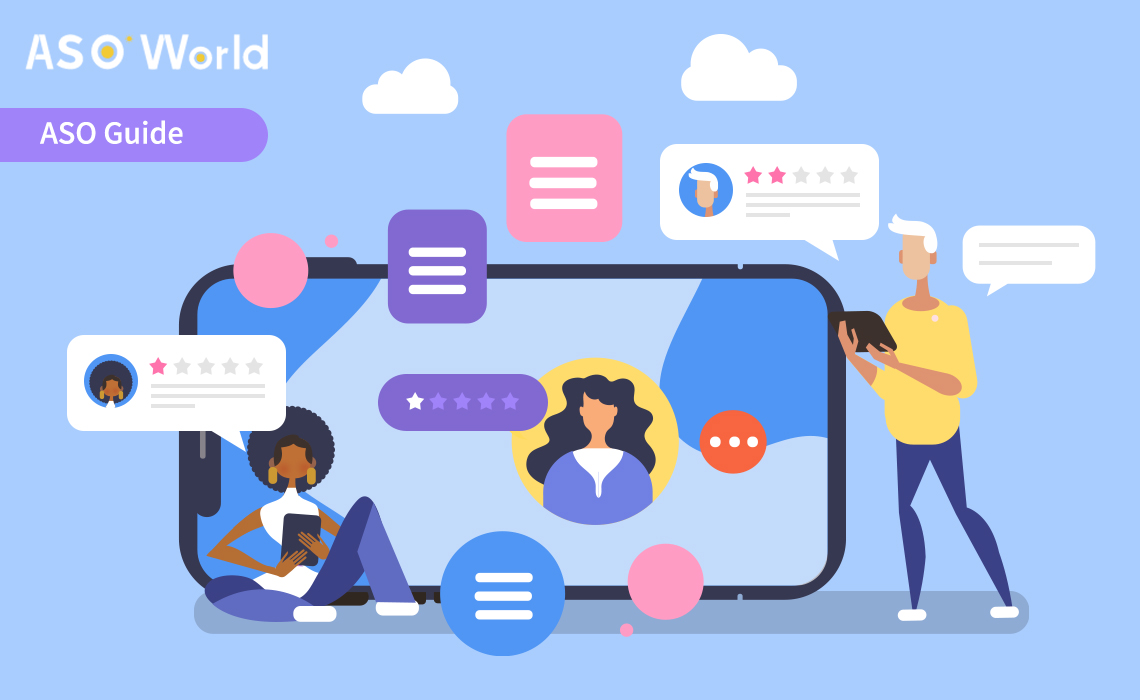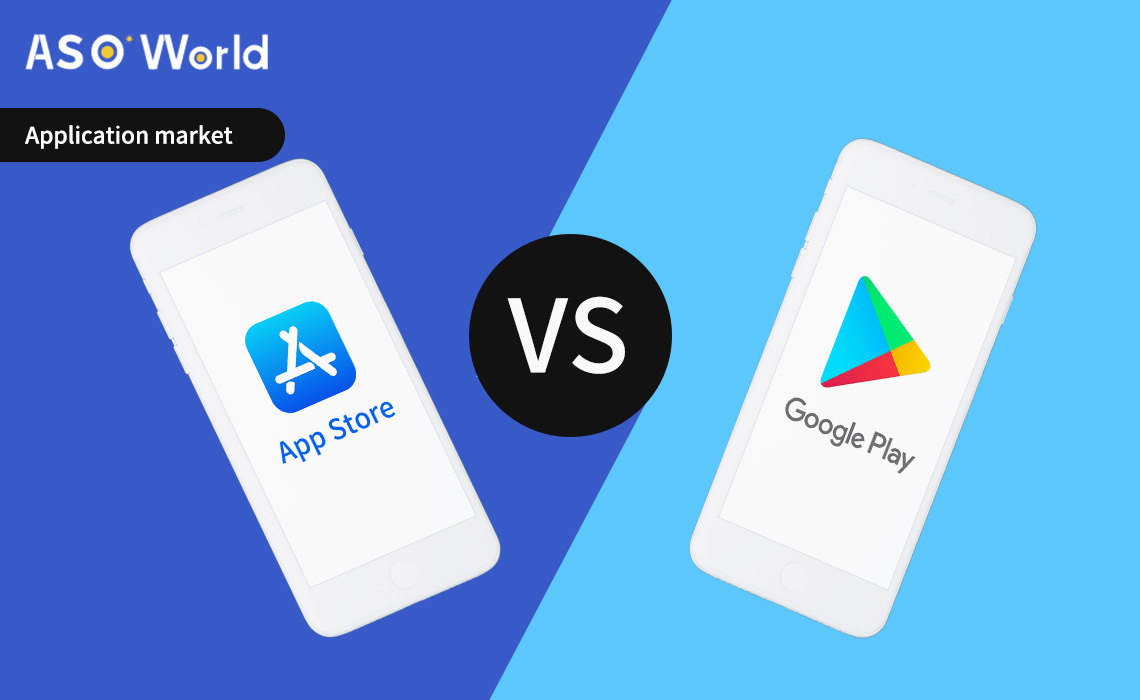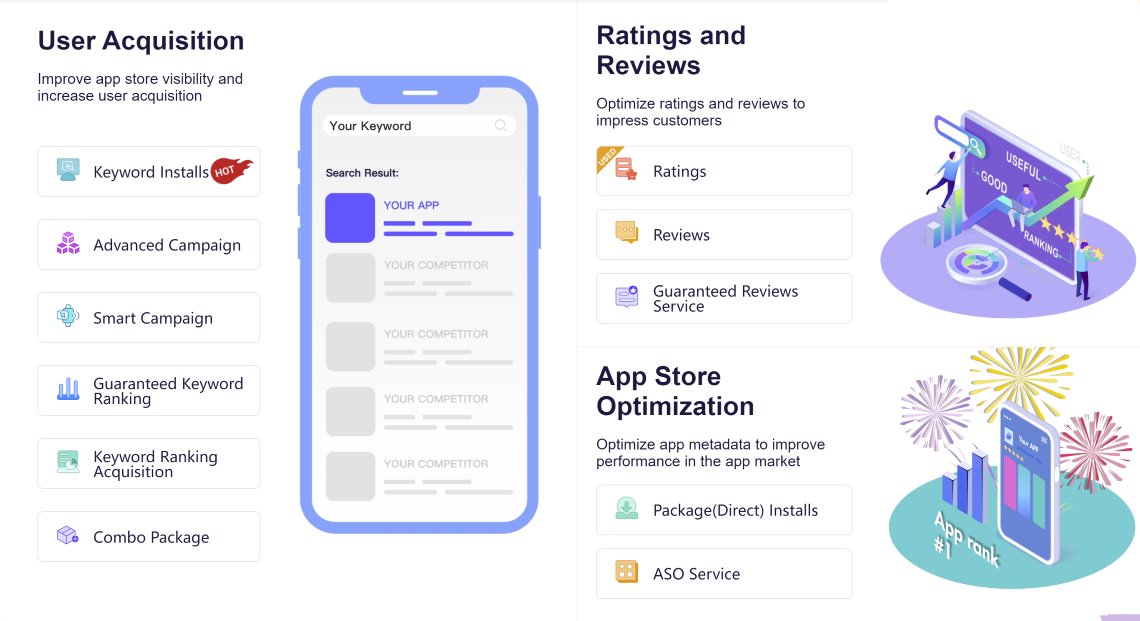App Store Ads Look Like Organic Results Now. How Can ASO Still Work?






Negative app store reviews can impact ASO, but with strategic management, they can become a source of growth and improvement.

In today's digital marketplace, a robust app store presence is vital for app success. Ratings and reviews not only reflect user sentiment but also critically influence App Store Optimization (ASO). Negative feedback can damage ASO efforts, reducing visibility and user acquisition.
This article delves into the consequences of poor ratings and reviews and offers strategies to address and mitigate their impact on your app's ASO performance.
Ratings and reviews are the cornerstones of user perception and app performance. Ratings, marked from 1 to 5 stars, may or may not include written feedback, whereas reviews combine a star rating with user commentary.
The first thing a user often notices is the app's rating, which acts as a quick quality indicator. High ratings are crucial for credibility, especially in categories like finance where trust is paramount.
To maintain credibility and high conversion rates, targeting a rating range of 4.3 to 4.9 is advisable.
Understanding the components of App Store Optimization (ASO) affected by an app's conversion rate is crucial after recognizing the direct influence of ratings and reviews on conversions.
Several key ASO factors are impacted:
An app's position in category rankings is largely dependent on its download velocity, which is the rate of daily downloads. A high download rate boosts an app's category ranking.
However, apps with ratings below 4 stars struggle to attract downloads, making a top category ranking challenging to achieve.
⚡ Related reading: App Store Ranking Algorithm 2023 - iOS App Store vs. Google Play Store
Conversion rate is paramount for ranking within the top 20 for priority keywords. The algorithms of both Apple and Google Play assess how well apps convert for specific keywords, favoring those with the highest conversion rates. Low-rated apps, with their compromised conversion rates, find it difficult to rank for competitive keywords with high search volumes.
⚡ Related reading: Advanced ASO Strategies for 2024: Driving Visibility, Conversion, and Engagement
Bidding for keywords in Apple Search Ads is influenced by an app's relevance to that keyword, as determined by Apple, and is partly based on organic rankings.
Poor conversion for a keyword leads to lower organic rankings and, consequently, higher bid prices for those keywords in ad campaigns.
Both Apple and Google evaluate an app's ratings when considering it for feature placement. Apps with ratings under 4 stars are less likely to be showcased; for example, Google Play's "Editors’ Choice Apps" all have ratings of at least 4.3 stars.
⚡ Related reading: How Could Your App Get Featured On IOS And Android App Markets?
* Grow with our app growth solutions - choose guaranteed app ranking service for TOP 5 app ranking acquirement, and maximize your app traffic.
* Click the image above (for keyword installs service for app visibility, or buy app reviews and ratings to improve conversion rate).
Negative reviews can significantly drag down an app's average rating. Since both Google Play and the App Store prioritize an app's average rating for rankings, a dip in this score can be detrimental. Users often judge an app's quality by its rating, and an app with a low average rating, say 2 stars, may find it challenging to attract new users, especially when competing against apps with ratings closer to 4.5 or above.
An app plagued by negative feedback is likely to suffer from decreased visibility in search results. App store algorithms that value high ratings and positive reviews will demote apps with lower scores.
Consequently, an app with a slew of negative reviews may miss out on being featured in recommended sections like "Suggested for You," severely impacting its discoverability and download rates.
A prevalence of negative reviews can instill doubt among potential users. Reviews serve as a barometer for user satisfaction, and a collection of unfavorable ones can signal to prospective users that an app may be unreliable or flawed.
For instance, frequent complaints about customer service can paint a picture of developers who are inattentive to user feedback, deterring downloads.
An app's download trajectory is shaped by its rating, visibility, and perceived trustworthiness. Negative reviews can stunt this trajectory, leading to fewer downloads and, thus, limited revenue opportunities. A gaming app criticized for crashes, for example, will likely lose potential users to more stable alternatives, affecting its market position and revenue potential.
⭐ Case Study: How A Casual Game App Increased Google Play App Ratings by 85% and Reduced Negative Feedback by 80%?
Ratings and reviews are crucial to ASO rankings. An abundance of negative reviews and a low star rating can adversely affect an app's position in the app stores. Much like search engines rely on keywords, app stores use reviews and ratings to determine app rankings. Apps that are burdened with negative sentiments tend to rank lower, leading to a vicious cycle of reduced visibility, fewer downloads, and inhibited growth.
⚡ Related reading: What Causes Negative App Review & How To Manage Them Like A Pro?
Negative reviews can be daunting, but they also offer a chance to improve your app and enhance user satisfaction, ultimately boosting your App Store Optimization (ASO). By managing negative feedback effectively, you can turn criticism into opportunity, fostering a more positive app presence and achieving your ASO goals.
Remember, a proactive approach to ratings and reviews is essential for app success in today's digital marketplace.

Get FREE Optimization Consultation
Let's Grow Your App & Get Massive Traffic!
All content, layout and frame code of all ASOWorld blog sections belong to the original content and technical team, all reproduction and references need to indicate the source and link in the obvious position, otherwise legal responsibility will be pursued.